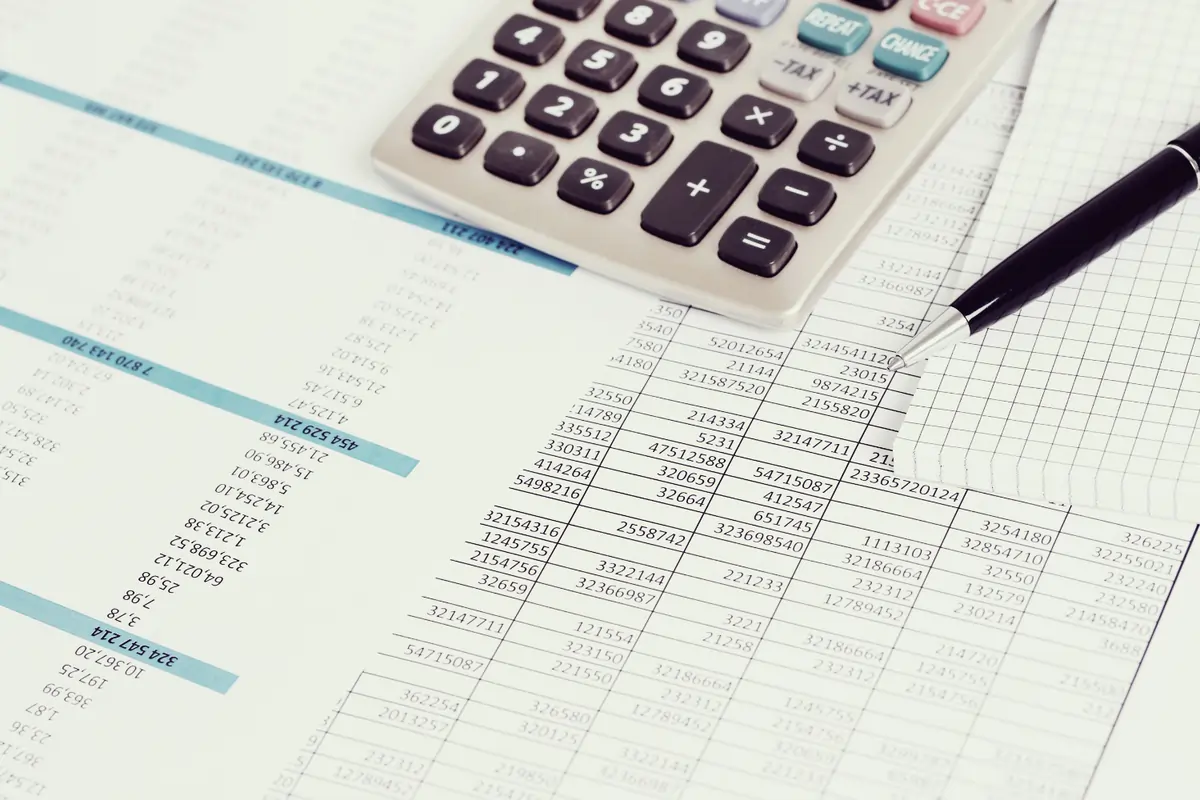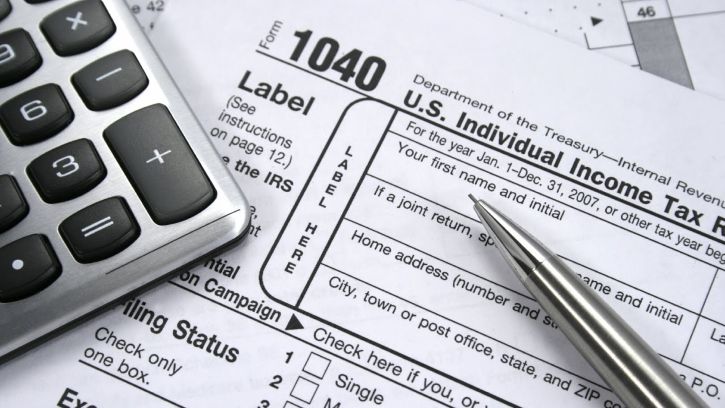
The amount of time you should keep your tax returns and related records depends on your specific situation and the type of documents. Here’s a breakdown:
General Rule
- Keep records for at least 3 years:
- The IRS typically has a 3-year window to audit your tax return (referred to as the "period of limitations").
Special Situations
- If You Owe Additional Tax:
- Keep records for 3 years after filing or 2 years after paying the tax, whichever is later.
- If You Fail to Report Income:
- If you underreport income by more than 25% of the gross income shown on your return, keep records for 6 years.
- If You File a Fraudulent Return:
- Keep records indefinitely, as there is no statute of limitations for fraudulent returns.
- If You Do Not File a Return:
- Keep records indefinitely, as the IRS can audit you at any time.
- If You File for a Refund:
- Keep records for 3 years after filing your return or 2 years from the date you paid the tax, whichever is later.
- If You Claim a Loss from Worthless Securities or Bad Debt:
- Keep records for 7 years, as the IRS allows additional time for these claims.
- Property and Asset Records:
- Keep records until the statute of limitations expires for the tax year in which you sold or disposed of the property. This includes:
- Purchase documents
- Improvement costs
- Depreciation schedules
- Sales records
- Business Records:
- Keep business tax records for at least 6 years, and certain records like payroll tax records for 4 years after the date the tax becomes due or is paid.
State Tax Records
- Check your state’s specific retention requirements. Many states follow the IRS guidelines, but some may require longer retention periods.
How to Store Tax Records
- Organize Documents:
- Separate records by tax year.
- Include your return, W-2s, 1099s, receipts, and other supporting documents.
- Digital Storage:
- Scan and store electronic copies of your documents.
- Keep backups in secure cloud storage or external drives.
- Secure Physical Storage:
- Store physical records in a safe place, such as a fireproof filing cabinet.
When to Dispose of Records
- Once the applicable statute of limitations has passed, you can safely shred and dispose of records to protect sensitive information.
Important Tip
Even if you no longer need tax records for IRS purposes, you may want to keep them for other reasons, such as applying for loans, verifying income, or maintaining personal financial records.
Call us now :(214) 899-4212


